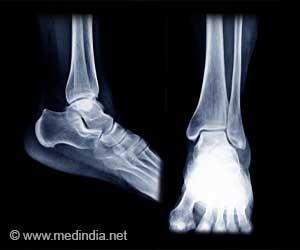Dr. Dipak Das of the University of Connecticut is facing dismissal after a three-year investigation revealed fabrication and falsification in his research on resveratrol.

Dr. Das is facing dismissal after a three-year investigation revealed 145 counts of fabrication and falsification in his research data. The investigation was carried out after the school received an anonymous allegation, in 2008, accusing Prof Das of research irregularities.
Incidentally Das, whose name is synonymous with resveratrol research, has done extensive studies on the health-promoting properties of resveratrol, a component of red wine. Dr. Das was involved in studies that touted resveratrol as a rejuvenator of cardiovascular health.
As a result of the fall-out, all research carried out in Das’s lab using external funds has been frozen and close to $1 million worth federal research grants allotted to Das, have been withdrawn.
11 scientific journals that published Das’s previous work have been notified and the school has initiated dismissal proceedings against Dr. Das.
While the authorities are more than peeved by Das’s disregard for the University’s Code of Conduct, they are pleased that the monitoring systems are in place and that the rot that stemmed from Das’s lab is on its way to being weeded out.
An international meeting “Resveratrol 2012” scheduled between Dec 10-12 at Lucknow, India, has for now been cancelled as Das was one among the eight international experts on the scientific committee.
Over all there are too many factors in favor of red wine and heart health. It is important for scientists to not allow a single episode of malfeasance influence their work.
Dr. Gordon Tomaselli of Johns Hopkins University cannot be more right when he said that research misconduct happens and therefore it is imperative not to rely overtly on the work conducted by any single group or laboratory.
About resveratrol
A component of red wine, this molecule has been promoted as a heart-smart accompaniment to a healthy meal. It has, for long, enjoyed the role of “key candidate” in molecular studies carried out on the benefits of red wine and its impact on the cardiovascular system.
There was so much interest generated in resveratrol that a scientific meeting was held at Denmark in 2010.A position paper derived from this meeting points out that the available evidence on red wine is inadequate to recommend its administration to humans. Despite being a promising agent, trials are recommended to confirm the clinical potential of the molecule.
Source-Medindia















